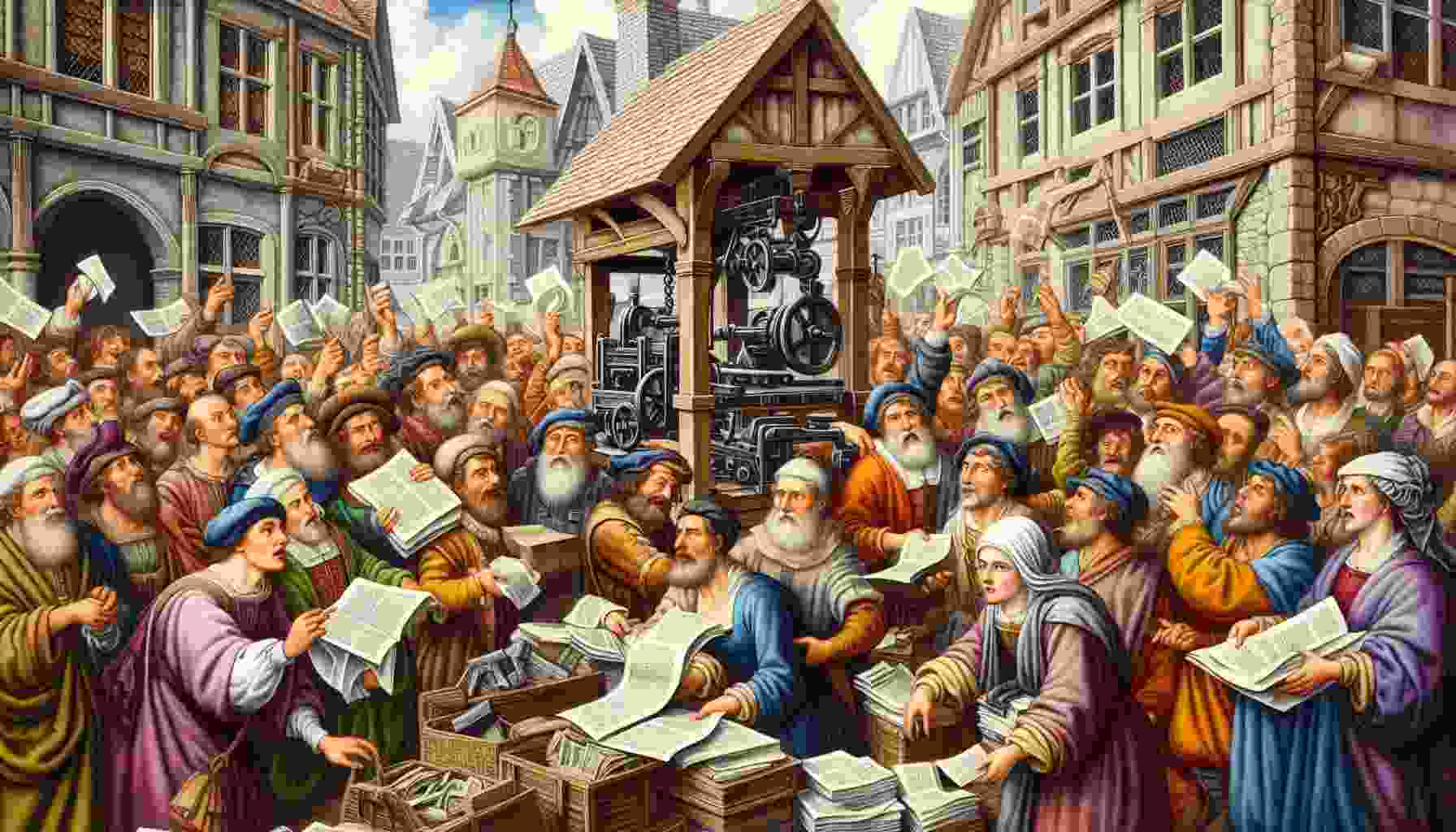What Is Print Revolution Class 10 And How Did It Transform Europe?
Okay, Let’s Talk About the Print Revolution…
Picture this: It’s 15th-century Europe. If you wanted a book, someone had to sit down, quill in hand, and copy it out one painstaking word at a time. (Imagine doing that with no Ctrl+C, Ctrl+V!) Books were so rare, owning one was like owning a luxury sports car today – except less flashy and more likely to impress monks than your neighbors.
Then comes Gutenberg, the OG disruptor, with his printing press. Suddenly – boom – books go from “only the Pope gets to read this” to “hey, peasants, here’s a manual on how to make wine.”
What It Meant?
The Print Revolution wasn’t just a technological upgrade; it was a cultural earthquake. Like, imagine if TikTok suddenly dropped in a world where everyone was still using rotary phones. That’s the kind of shake-up we’re talking about.
How It Transformed Europe?
- Books Got Cheaper: Before the press, books were so expensive you’d probably have to sell a kidney to get one (if that was a thing back then). Afterward? They were affordable enough that even common folks could own a copy.
Side note: This might explain why so many 15th-century kids were suddenly arguing theology at the dinner table. - Ideas Went Viral: Remember Martin Luther and his 95 Theses? He practically broke medieval Twitter (aka the printing press network). Suddenly, everyone from cobblers to kings was debating religion, science, and politics.
- The Renaissance Got a Boost: The Renaissance wasn’t just about painting pretty pictures and writing flowery poetry – it was a movement that thrived on sharing ideas. The printing press was like giving da Vinci and his pals a megaphone.
Side rant: Galileo would’ve crushed it on social media. “Sun’s at the center of the universe – deal with it. #ScienceRules” - It Empowered the Masses: For the first time, knowledge wasn’t locked away in monasteries or royal courts. Everyone – well, almost everyone – could learn. And when people learn, they start asking questions. Dangerous questions.
But Wait, There’s More!
You know how your family WhatsApp group exploded when your grandma got a smartphone? That’s kind of what happened in Europe. The printing press democratized knowledge, but it also caused a lot of chaos. Fake news, controversial pamphlets, and heated debates – sound familiar?
Conclusion
Gutenberg didn’t just invent a machine; he started a revolution. Books became weapons, ideas became contagious, and Europe was never the same. Honestly, it’s like the medieval version of someone yelling, “Let’s make knowledge free!” and then accidentally setting the world on fire.
So yeah, the Print Revolution? It was the Renaissance’s secret sauce, the Reformation’s spark plug, and history’s ultimate mic drop.

